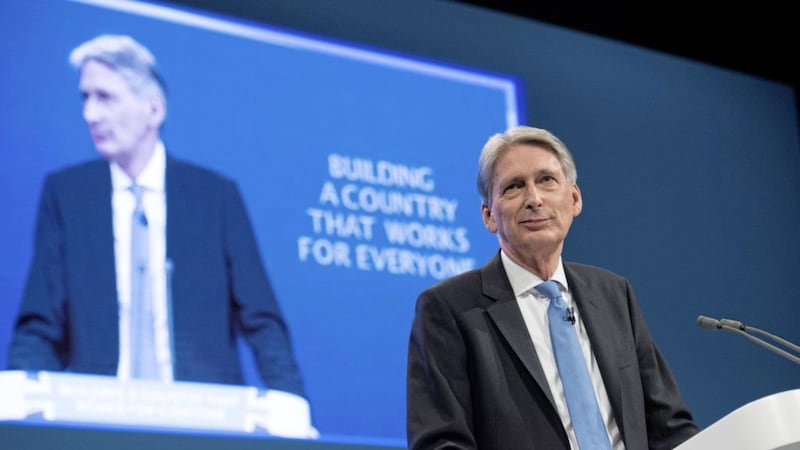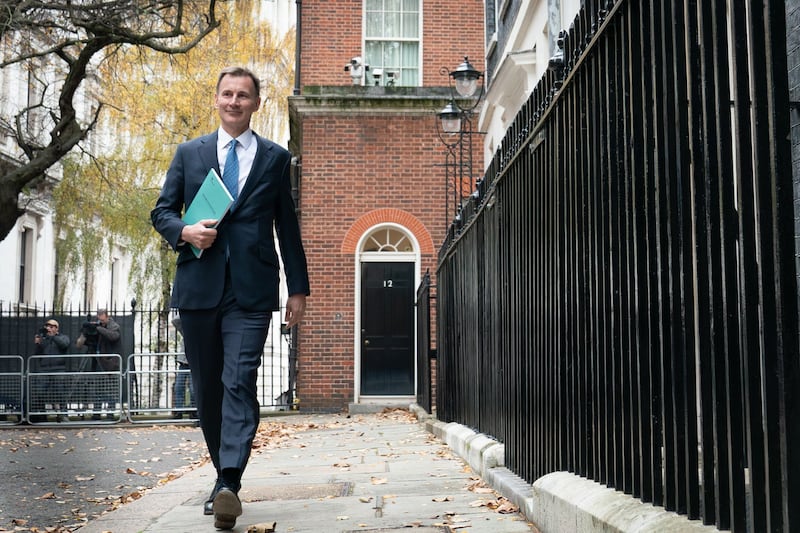THE UK Chancellor Philip Hammond was given cause to celebrate yesterday as official figures showed the Government logged its largest July surplus in 18 years.
Data from the Office for National Statistics (ONS) has revealed that public sector net borrowing, excluding state-owned banks, was in surplus by £2 billion in July, £1bn more than the surplus logged in July 2017. It is the largest July surplus recorded since 2000 and far above the £1.1bn expected by economists.
Government coffers were bolstered by receipts on self-assessed income tax, which are usually higher in January and to a lesser extent in July.
The figures also showed that the deficit, excluding banks, in the current financial year to date was £12.8bn, which is £8.5bn less than during the same period in 2017.
That covers the period between April to July this year.
Public sector net debt, excluding state-owned banks, increased by £17.5bn to £1,777.5bn in July, equivalent to 84.3 per cent of gross domestic product (GDP).
Howard Archer, chief economic adviser for the EY ITEM Club, said that if the pattern observed over the past four months continues, public sector net borrowing excluding banks would come in at £23.7bn for the full fiscal year.
That would be "substantially below the £37.1bn shortfall expected", he noted.
At this rate, the Chancellor could scrap plans for further fiscal tightening over the next two years at the upcoming autumn budget while keeping public finances on track, according to Pantheon Macroeconomics' chief UK economist Samuel Tombs.
"Public borrowing has remained on a sharp downward trend, creating scope for the Chancellor to pause the fiscal consolidation next year and still meet his self-prescribed targets," he said.
However, "faced with pressure from his own MPs to boost his party's opinion poll standing and the political imperative to show that the economy has prospered after leaving the EU in March 2019, we expect the Chancellor to use this scope to borrow more", Mr Tombs added.
"That said, with extra money already earmarked for the NHS, the scope for tax cuts is modest."
Mr Archer also said it was "unlikely" that public finances will be able to "sustain their current rate of improvement".
He added: "They have significantly benefited from muted Government expenditure so far in this fiscal year (up just 0.7% year-on-year during April-July).
"This can be significantly influenced by the timing of payments over the year, including to the EU."








